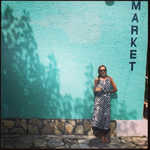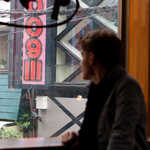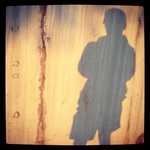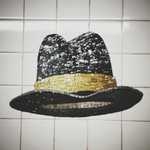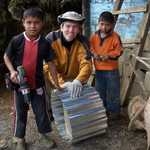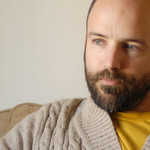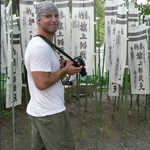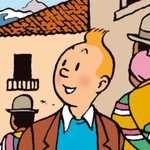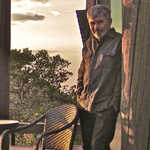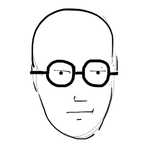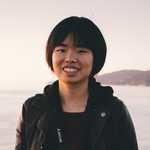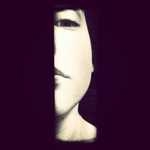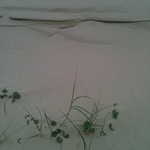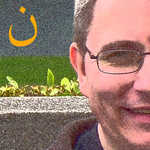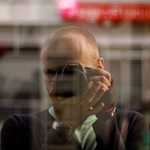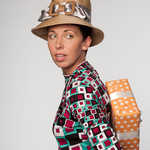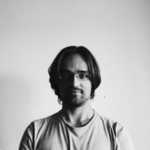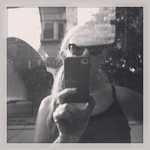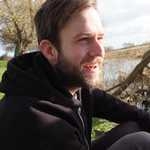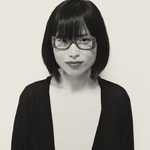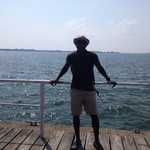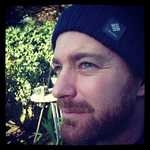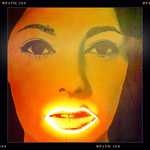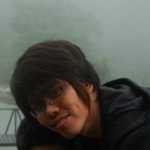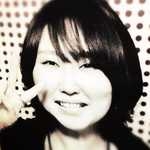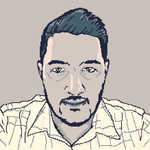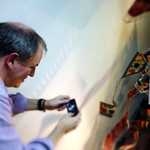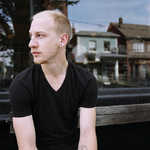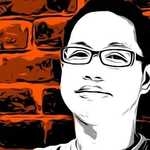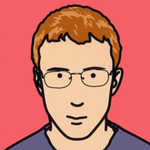There’s a monk in that tree, I swear.
Can you see him? It’s a bit tough. But trust me, he’s there.
Bald, in robes.
No harness. No helmet.
Just a monk in a tree with a sword, cutting branches in my neighborhood.
Has he done this before? He must have. Perched above his little temple. The temple I’ve never approached because … well, it feels oddly unapproachable. Not like the other temple behind it — nestled in the small forest, near the dohyou — to which I have been many times, usually in the dead of the night, throwing in go en coins, asking for guidance and focus.
This whole neighborhood is templeful.
When I arrived in Tokyo on the day of the great Sendai Quake of 2011, I thought for sure I’d find my apartment in disarray. But, no. I opened the door to see that only two books had fallen from the bookshelf. I picked them up, confused. Placed them back. Then took a shower.
Other friends weren’t so lucky. Whole liquor cabinets fell over, collections of fine wine lost, glasses smashed. A total mess. But they didn’t live near temples.
That’s the trick to Japan — be near the monks, they know. The temples are where temples are because they have history. They’ve seen quakes and fires and floods. And they know where the waters won’t reach, and where the ground doesn’t shake so violently.
There’s also this added benefit: a rogue monk in a tree on an early fall morning, when the city is still trying to figure out what to do with the weather, at the edge of the end of the sweltering typhoon season.
He’s up there, I swear.
He’d make anyone smile.
Filed Under
Other moments in Tokyo
-
Conversations, World Affairs, Culture
"I'm from Libya," he said. I don't know what to say. It's as if he'd told me he'd just come from his father's funeral.
in Tokyo, Japan -
The first specialty coffee shop in Ikebukuro and Junkudo (bookstore) resonate.
in Tokyo, Japan -
film, edit
Editing is interpreting.
in Tokyo, Japan -
The Riddle of Steel.
in Tokyo, Japan -
Commutes, Cities, Underground
The man stands motionless in a crush of white-shirted salarymen, as they swarm past him, toward the single escalator.
in Tokyo, Japan -
Reve, japan, Centre commercial piscine
Rêve de centre commercial-piscine
in Tokyo, Japan -
Urban Nature, birds
Sparrow Noise
in Tokyo, Japan -
City walks
Birthday walk home
in Tokyo, Japan -
Dead Letter, Addiction
"Dear Cigarettes"
in Tokyo, Japan




